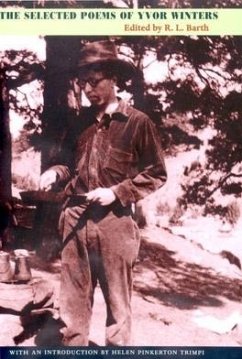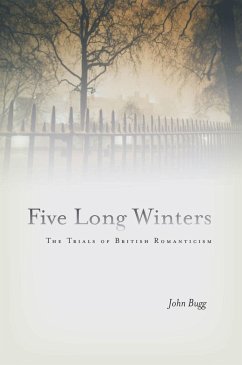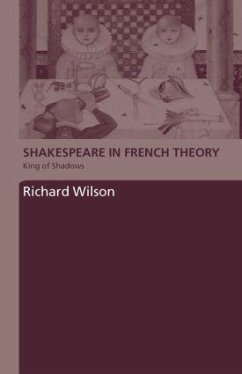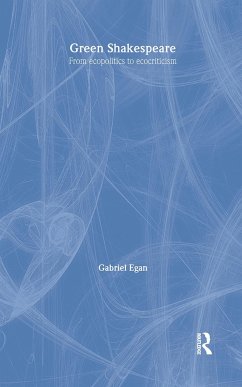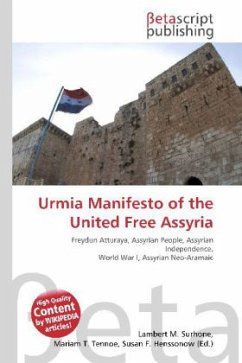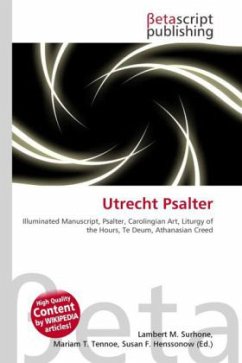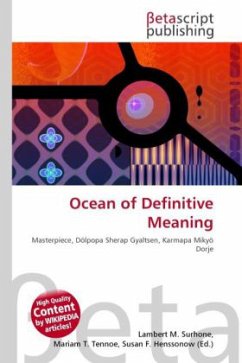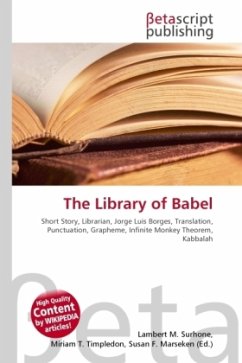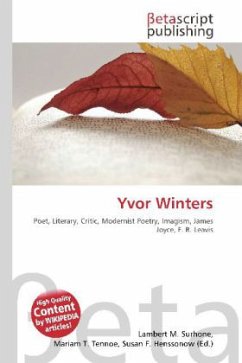
Yvor Winters
Versandkostenfrei!
Versandfertig in 6-10 Tagen
23,99 €
inkl. MwSt.

PAYBACK Punkte
12 °P sammeln!
Please note that the content of this book primarily consists of articles available from Wikipedia or other free sources online. Arthur Yvor Winters (17 October 1900 25 January 1968) was an American poet and literary critic. Winters''s early poetry, which appeared in small avant-garde magazines alongside work by writers like James Joyce and Gertrude Stein, was written in the modernist idiom, and was heavily influenced both by Native American poetry and by Imagism. His essay, The Testament of a Stone, gives an account of his poetics during this early period. Around 1930, he turned away from mode...
Please note that the content of this book primarily consists of articles available from Wikipedia or other free sources online. Arthur Yvor Winters (17 October 1900 25 January 1968) was an American poet and literary critic. Winters''s early poetry, which appeared in small avant-garde magazines alongside work by writers like James Joyce and Gertrude Stein, was written in the modernist idiom, and was heavily influenced both by Native American poetry and by Imagism. His essay, The Testament of a Stone, gives an account of his poetics during this early period. Around 1930, he turned away from modernism and developed an Augustan style of writing, notable for its clarity of statement and its formality of rhyme and rhythm. Winters''s critical style dogmatic, moralising, dismissive was comparable to that of F. R. Leavis, and in the same way he created a school of students (of mixed loyalty). His affiliations and proposed canon, however, were quite different: Edith Wharton''s The Age of Innocence above any one novel by Henry James, Robert Bridges above T. S. Eliot, Charles Churchill above Alexander Pope, Fulke Greville and George Gascoigne above Sidney and Spenser.



